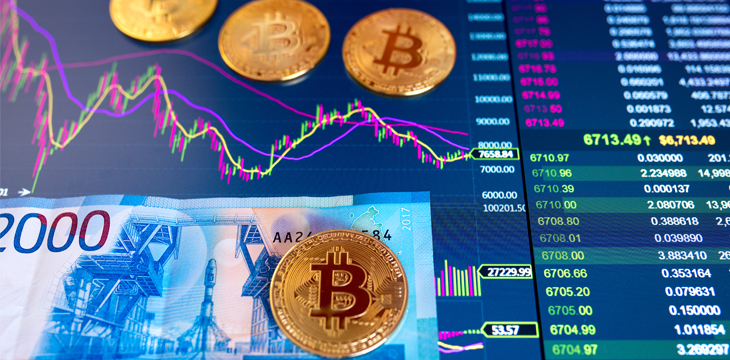|
Getting your Trinity Audio player ready...
|
2019 may be the year that Russia gets serious about cryptocurrencies. The parliament revealed in a press release on January 9 that the digital economy will take top priority during the upcoming session.
At the opening of the spring session, Chairman of the Lower Chamber Vyacheslav Volodin outlined the bills currently being considered. They included legislature on digital financial assets, digital rights, and crowdfunding.
He urged the collected body to make this a priority for the good of the country. Volodin noted, “Creating a favorable legal framework for the development of the digital economy should in many respects provide us with an advantageous position in competition among other countries.”
In total, Volodin revealed that there are more than 20 bills ready to be introduced in the spring session. He wants the parliament to be ready to take a look at the quality of the bills carefully before they are considered for a vote.
Adopting a favorable stance towards digital currencies is getting to be more crucial to the Russian state. U.S. sanctions are hitting the country hard, and they are considering moving towards cryptocurrencies as a method of relief.
Until recently, Russia has had a lukewarm relationship with cryptocurrencies and their legislation. While they are not illegal, police have gone about seizing crypto ATMs for fear that they may be used for uncontrolled cross-border money transfers. Meanwhile, the state has issued its own initial coin offering (ICO) to test the waters.
This is not the first time the parliament has made an effort to write laws for digital currencies. In September, efforts fell apart to draft a framework for digital financial assets, leaving much of the space undefined. A renewed effort in October got them closer, giving private businesses and legal entities the ability to store assets on blockchains, but with references to mining removed. These two efforts, with Volodin’s new push, might add up to a successful framework in this session.

 02-28-2026
02-28-2026 




